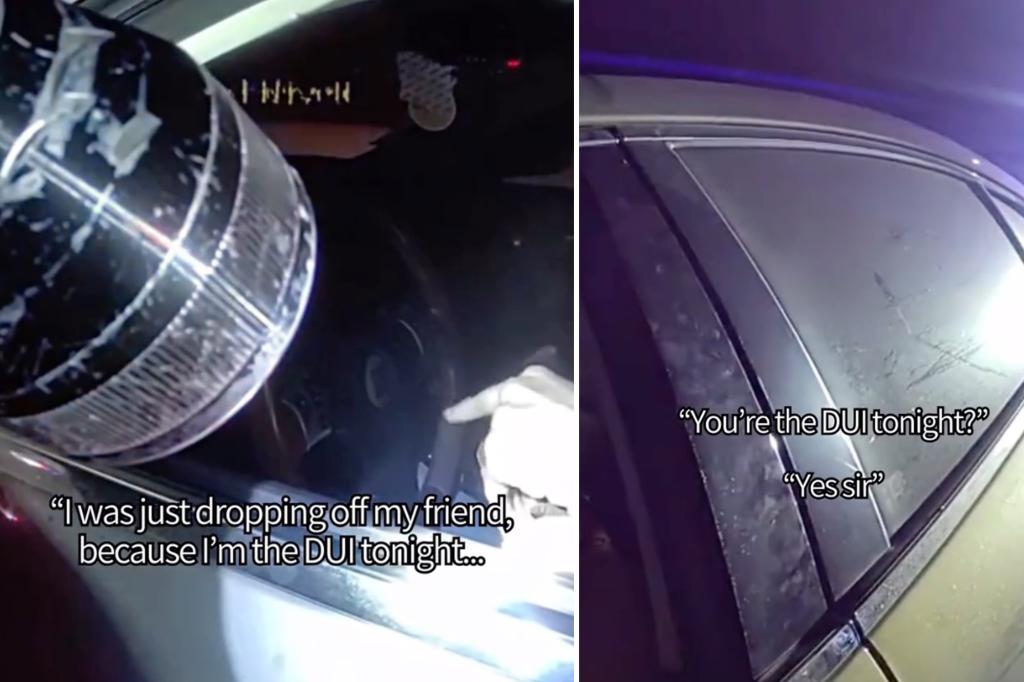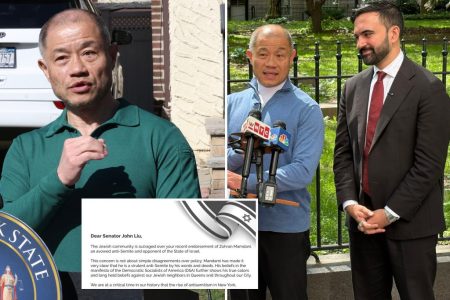The start of the New Year brought an ironic twist for one California driver, whose attempt at honesty inadvertently led to his arrest for driving under the influence (DUI). In a case of a slip of the tongue with significant consequences, the unidentified motorist, pulled over by Murrieta police for suspected drunk driving, declared himself the “DUI” for the night, apparently intending to say he was the designated driver (DD). This verbal misstep, captured on the officer’s body camera, set the stage for a series of events that culminated in the driver’s arrest. The incident highlights the complexities of DUI enforcement and the potential pitfalls of miscommunication, particularly under the influence of alcohol. While the driver’s initial statement was undoubtedly self-incriminating, the subsequent field sobriety test and his overall demeanor provided further evidence supporting the officer’s suspicion of impaired driving.
The bodycam footage, released by the Murrieta Police Department on social media, provides a detailed account of the traffic stop. It begins with the officer asking the driver where he was coming from, to which the driver responds, “I was just dropping off my friend because I’m the DUI tonight.” The officer, understandably perplexed, repeats the driver’s statement back to him in a questioning tone. The driver, seemingly unaware of his error, confirms his statement. The officer then clarifies, asking if the driver meant to say “DD,” the common abbreviation for designated driver. This question leaves the driver speechless, a telling sign of his potential intoxication. This initial exchange sets the tone for the remainder of the interaction, revealing the driver’s impaired state.
The circumstances leading to the traffic stop further solidified the officer’s suspicion. According to the police report, the driver was observed swerving across the roadway prior to being pulled over. This erratic driving behavior, coupled with the driver’s self-incriminating statement, provided probable cause for the officer to conduct a field sobriety test. During the roadside investigation, the driver admitted to consuming alcohol earlier in the evening, specifically “a beer and some champagne a couple hours ago.” This admission, while seemingly minor, further contributed to the building evidence against him. The combination of swerving, the self-incriminating statement, and the admission of alcohol consumption painted a clear picture of potential DUI.
The field sobriety test, a standard procedure in DUI investigations, served as the final piece of the puzzle. The bodycam footage shows the driver visibly struggling to perform the required tasks, displaying clear signs of impairment. His unsteadiness and inability to complete the test successfully further confirmed the officer’s suspicions. The failed sobriety test, combined with the prior observations and admissions, provided sufficient evidence for the officer to place the driver under arrest. The driver’s protest, claiming he was only two minutes from his destination, was ultimately unsuccessful in swaying the officer’s decision.
The driver’s continued struggle with communication even after his arrest underscored his impaired state. When asked for a phone number to contact someone, he responded with a jumbled phrase, “I don’t off my heart,” further demonstrating his difficulty with coherent speech. This final interaction served as a poignant reminder of the dangers of driving under the influence. His inability to recall a simple phone number highlighted the cognitive impairment caused by alcohol consumption.
This incident serves as a cautionary tale about the perils of driving under the influence and the importance of choosing a designated driver. The driver’s attempt at honesty, albeit unintentionally self-incriminating, ultimately led to his arrest. The case highlights the effectiveness of law enforcement procedures, including field sobriety tests and body camera footage, in identifying and apprehending impaired drivers. Furthermore, it underscores the importance of clear and concise communication, particularly in interactions with law enforcement. The driver’s inability to articulate his intended meaning, compounded by his impaired state, ultimately contributed to his arrest. This incident serves as a stark reminder of the legal and personal consequences of driving under the influence of alcohol.










